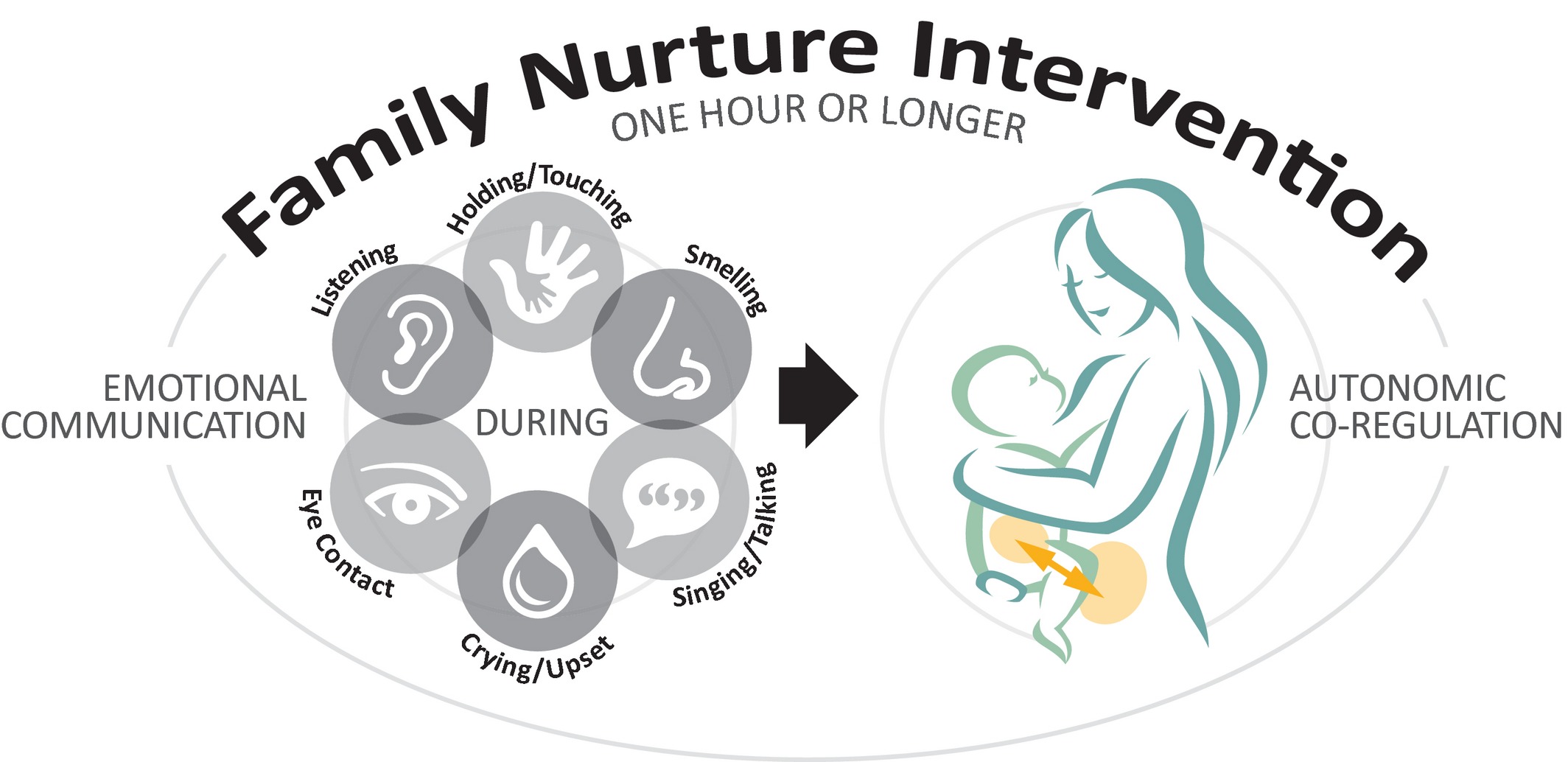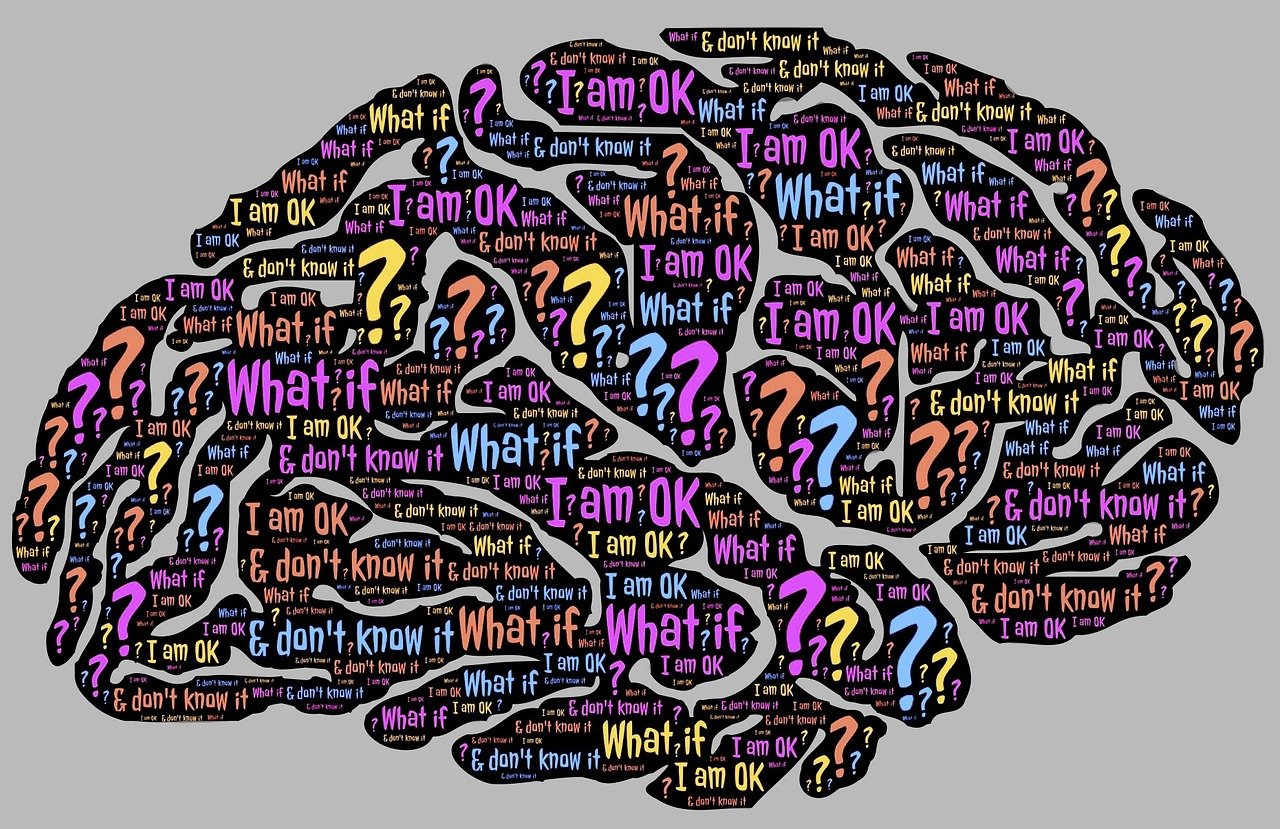Most of us avoid conflict for the wrong reasons. We perceive or “feel” that it’s going to be bad for us. A situation feels uncomfortable often because of what think may happen versus what is actually happening at the moment. Conflict threatens us, not because of the conflict itself, but because of what it might represent. The idea of conflict can mean different things to different people. We have different stories or beliefs about what conflict means, what we should or shouldn’t do around conflict, and how much we should avoid it. I think it’s useful to unpack some thinking about conflict, as this can help one handle conflict better.
Thinking Systems Blog
During COVID, my wife and I, like many people, went for a daily walk in our neighbourhood. Over time, we would see the same people and say hi to them. It was a pleasant experience to have even a stranger smile and say hello. Of course, I wondered wha
Organizations often have a personality that reflects what the leadership decides is important. But just like with individuals, what a company says it'll do and what it actually does can be very different. That difference has a lot to do with the leve
How would a Bowen theory perspective help one handle climate anxiety? Does a systems perspective have something special to offer? I believe it does. While climate anxiety provides a timely context, I believe a systems perspective can help with any an
The previous post discussed the calming cycle theory by Welch and Ludwig. Welch's study demonstrated that an adaptive emotional connection could be regained in premature infants and mothers. They could measure this based on an automatic calming effec
New research has found important linkages between mothers at the autonomic nervous system level. This is part of our nervous system that is outside of our awareness. The linkage process starts in the womb and continues after birth. This process affec
How does a Bowen theory perspective inform the "terror of threes?" Three major nuclear powers instead of two. Apparently, this is a big problem. Why? According to physics, "the three-body problem" is almost impossible to solve. Thus the title of the
How does intelligence get stupid? How is it that politicians can get involved with affairs, misuse funds, and promote false information? Many politicians have degrees from prestigious universities, so they clearly are NOT unintelligent or uneducated.
Perceptions matter - just ask your genes! A newer field of study in biology is called social genomics. It is the study of how and when different genes are activated based on social interactions. On one level, it is very obvious that relationships aff
Emotional demands and expectations go together For most organisms, including humans, the developmental trajectory involves an individual becoming more and more capable and responsible for taking care of their own needs. Maturation is associated with









